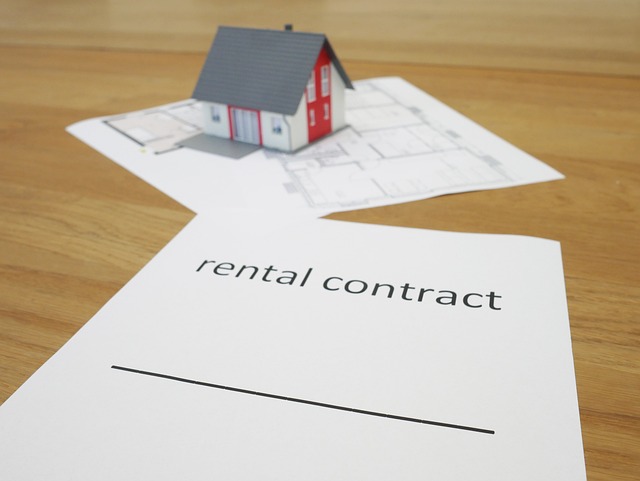Decoding the Potential of Repurposed Real Estate
In the evolving landscape of the real estate market, repurposing existing properties has emerged as a significant trend. This strategy offers a unique blend of financial and environmental benefits, attracting both investors and property developers alike. This article delves into the intricacies of repurposed real estate, its market implications, and potential return on investment.

A Glimpse into the Past: The Emergence of Repurposed Real Estate
The shift towards repurposed real estate began in the late 20th century as urban areas experienced rapid development. Old industrial buildings, warehouses, and mills were transformed into residential lofts, shopping centers, and offices. This trend was driven by the need to preserve historical architecture, optimize land use, and cater to changing consumer demands.
A Rising Star: Current Market Trends in Repurposed Real Estate
Repurposed real estate is gaining traction in the current market, primarily due to its sustainability and cost-effectiveness. Investors are attracted to the lower acquisition costs and potential for high returns that these properties offer. Moreover, the demand for unique and environmentally friendly spaces is pushing the market towards innovative repurposing strategies.
The Strategy Unveiled: Advantages and Challenges of Repurposed Real Estate
Repurposed real estate offers several advantages, including lower construction costs and the potential for high returns. However, it also presents unique challenges—these properties may require substantial renovation and compliance with modern building codes. Additionally, some properties may have historical preservation restrictions that limit redevelopment options.
A Deep Dive: Impact on Buyers, Sellers, and Investors
For buyers, repurposed real estate offers unique architectural features and a sense of historical connection. Sellers and developers can leverage the growing market demand to fetch premium prices. Investors, on the other hand, can capitalize on the high potential for return on investment, despite the associated renovation costs and potential regulatory hurdles.
The Future Unfolds: A Forward-Looking Perspective on Repurposed Real Estate
The market for repurposed real estate is expected to grow, fueled by increasing environmental consciousness and the demand for unique spaces. Investors and developers who understand the potential benefits and challenges of this trend can position themselves favorably in the evolving real estate landscape.
In conclusion, repurposed real estate offers an intriguing blend of financial and environmental benefits. By understanding the market trends, advantages, and potential impact, industry players can make informed decisions and optimize their real estate strategies.




